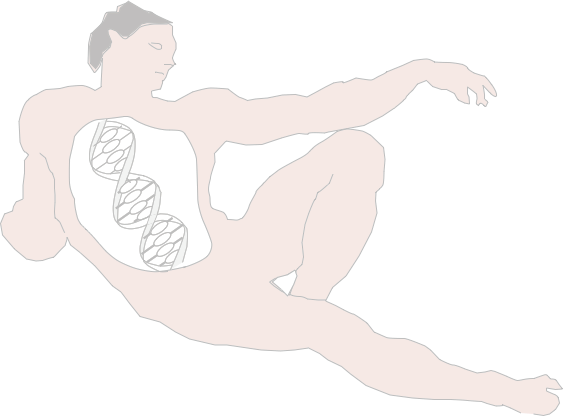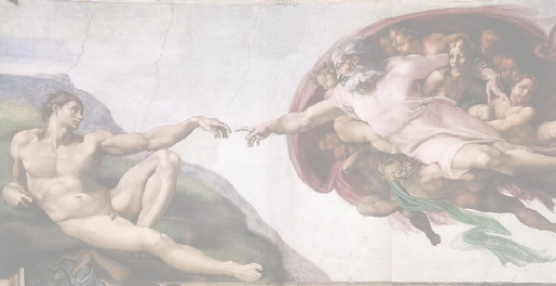Teilhardism



Unlike the traditional view of evolution (John Haught calls this evolutionary materialism), which assumes that there is no spiritual dimension to life, the major premise to Teilhardism is that a spiritual energy pervades life. Because this spiritual energy is manifested in aspects of our consciousness, I call it transcendent consciousness. Evolutionary materialism assumes that consciousness is an emergent property; it appeared as evolution made brains more complex. Teilhardism considers that consciousness is a transcendent property; our complex brains allow us to access a phenomenon that was already present.

If consciousness is transcendent then we are surrounded by a field of consciousness, just like we are surrounded by magnetic and gravity fields.
Just as first, insects, then reptiles, birds, mammals, and finally humans found a way to exploit the phenomenon of flight, (i.e. exploit the gravitational field around us) sooner or later something would have evolved to exploit the realm of self-consciousness.
Whether we consider it a transcendent or emergent phenomenon has an important impact in our view of the importance of consciousness in the world.
To materialists, matter is the most important thing in the world, consciousness is a phenomenon unique to humans (or a few other higher animals).
To religious folk some aspect of our consciousness is transcendent, making consciousness the most important thing in the world.
Teilhard believed that a transcendent consciousness could in some way direct evolution and called this directed evolution orthogenesis
We cannot know how (or if) orthogenesis happened because, as I said before, the study of consciousness is outside the realm of science. A wide spectrum of views is possible. Here are three:
1) Consciousness is an emergent property and just appeared as a random product of evolution. This is the theory behind evolutionary materialism.
2) Consciousness is a transcendent property but the development of self-consciousness occurred a completely in Darwinian manner. Because a increased level on consciousness conveys a great survival advantage, there would be strong pressure toward increasing consciousness during evolution. I call this passive orthogenesis.
3) Consciousness is a transcendent property and played a key role in directing the genetic changes necessary to the development of a self-conscious being. I call this active orthogenesis.
Note that scientific evidence can constrain the evolutionary path followed during the appearance of humans and the timing of that path, but it cannot distinguish between any of the three options above.
How you view the nature of consciousness also colors how you view importance of evolution.
If you view consciousness as only emergent property then this produces some very depressing views of evolution. Although these views may not be common among most scientists, many big names in the field have said precisely this:
1) The most important part of beings is the information incoded in their genes (as said in Richard Dawkins book The Selfish Gene) .
2) Evolution is not progressive. The information in the genes is important regardless of whether the genes reside in humans or amoebas.
3) Evolution is a meaningless mechanistic process.
4) Humans arose merely by chance. rewind the tape and play it again and something else is likely to have evolved.
5) There is no moral force in the universe.
If you view consciousness as a transcendent property then the most important feature of beings is their consciousness
1) Evolution is progressive. The increase in neurological complexity of animals over time records a progressive opening of beings to consciousness.
2) Evolution has meaning. It is not a blind mechanistic process, but because it involves an opening of beings to the transcendent consciousness, it has profound meaning.
3) Humans did not appear by “mistake”. Self-consciousness is a niche that was screaming to be filled and sooner or later evolution would have found a way to fill it.